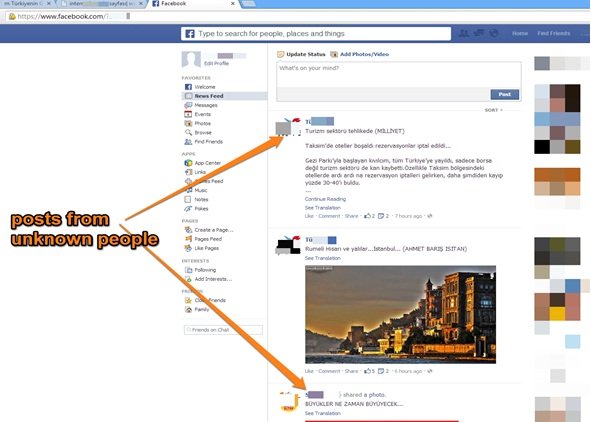If the growth of social networking websites is a known fact then so is the emergence of social bots. In social sites people found and adopted an innovative way to connect and communicate. But social networking did not only attracted interest from people, it also generated interest of malware so called social bots who also grew along with social networking sites.
Social media is a platform which remains a favorite success site for Malware programmers. With ever increasing traffic on social networking sites such as Facebook, Twitter, YouTube, etc., the chances of somebody picking up infection has only increased.
No wonder you will see more cases of malware stealing passwords, spreading, and posting malicious links through social media networks in the future. Also, browsers are targeted to intercept and manipulate data at the origin.
Microsoft recently detected a malware called as Trojan:AutoIt/Kilim.A. this Trojan specifically targets the Google Chrome browser. Microsoft said
“The Trojan may be installed when an unsuspecting user clicks on a shortened hyperlink that redirects to a malicious website. The website masquerades itself as a download site for legitimate software, and tricks the user into downloading and executing Kilim. Upon successful execution, Kilim disables User Account Controls (UAC) and adds an auto-start entry in the system registry to survive the reboot. It then proceeds to download two malicious Chrome browser extensions”.
The POWERFUL Kilim
The power of kilim can be realized from its ability to penetrate various platforms. When your machine gets infected with Kilim it connects you to a remote server and downloads configuration files. Further it closes Chrome and installs extensions that are malicious in nature and can gain access to your social networking sites.
This screenshot shows the pages “liked” within minutes by a Facebook profile on an infected computer. All of these pages were liked by the malware, not by the logged-on user.
Then, this powerful kilim can also add unknown followers to your page automatically or can even send posts from unknown followers. Refer below screenshot.
If you are thinking about the purpose of Kilim’s existence then as Microsoft says, it seems to be selling Twitter followers for a price, or involved in other malpractices like stealing passwords or spreading other malware for a price.
Can we stop bots like Kilim
Practically, we cannot, because the growing population at social media networking sites will always open new avenues of infection. However as an informed user you could still take precaution to keep your antivirus software updated and running round the clock.
Be aware of security measures and informs other too because now you know that social Bots are on the rise and marching!



Leave a Reply